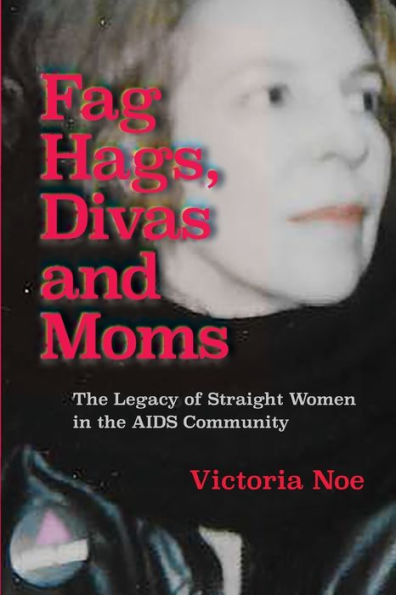Blog
A Look Ahead, Not Behind
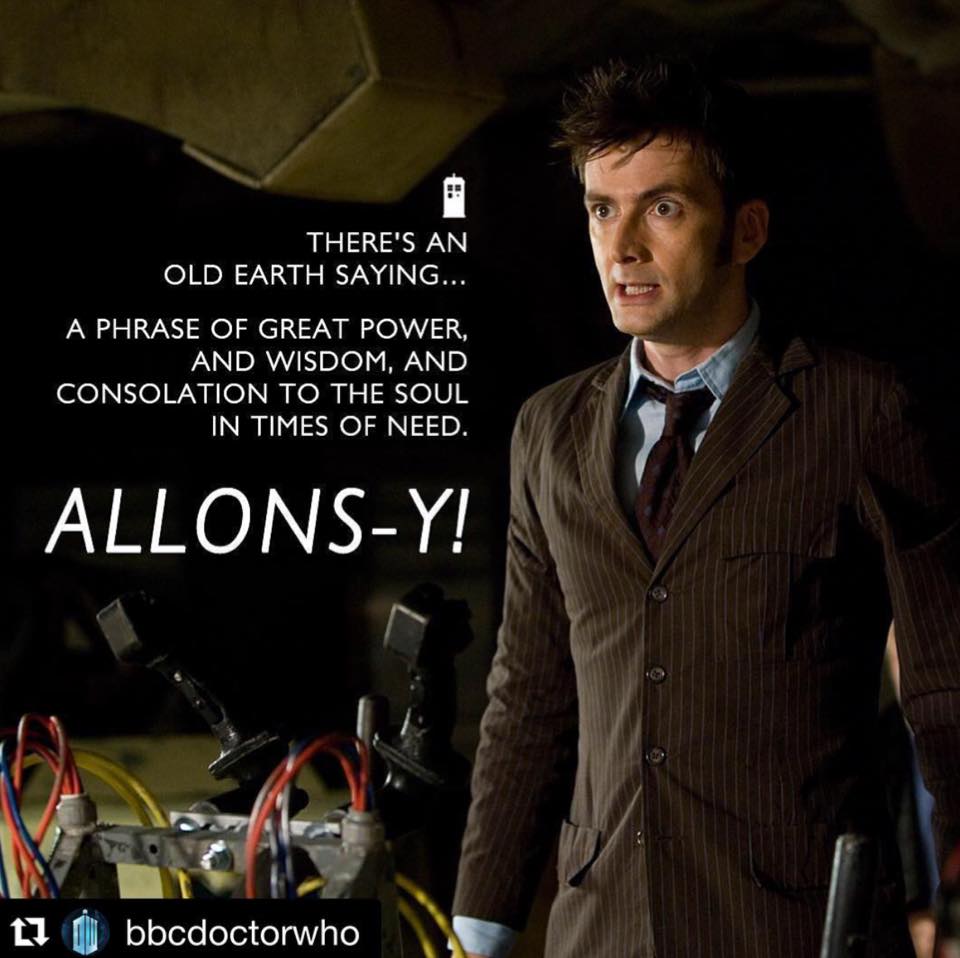
Now that Unstoppable: Straight Women on the AIDS Frontlines is out in the world, I can turn my full attention to 2026. When I started seriously thinking about future plans a few months ago, the only thing I knew for sure was that I would not write a new book next year. I always need a break between books, and given how exhausting it was to write about this year’s politics as it affects the HIV community, it feels even more important.
That does not mean I’ll be relaxing, at least not any time soon.
"Whatever Happened to AIDS?"
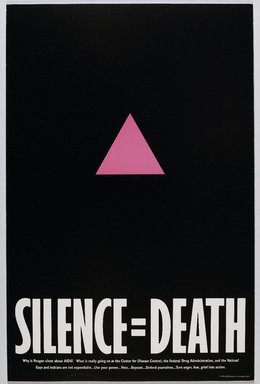
In 2017, I was one of the authors at an event held at the Princeton, IL (2022 population: 7,721) public library, showcasing writers in a variety of genres. Part of my series about people grieving their friends includes a book on grieving friends lost to AIDS. One man, probably in his 40s, tapped the book cover and asked, “Whatever happened to AIDS? You never hear about it anymore.” And while that continues to be a very common sentiment, the timing of his question was interesting.
When Your Book Surprises You

My ninth book - Unstoppable: Straight Women on the AIDS Frontlines - comes out in September. Like the other eight, I had a pretty good idea what the book would be about. Like the other eight, I was wrong.
How could I be wrong? I had a topic, I had leads, I had stories. It’s my book! I knew what I was writing about, even if I had to do a lot of research.
Book Review - On Activism, Friendships, and Fighting by Benjamin H. Shepard
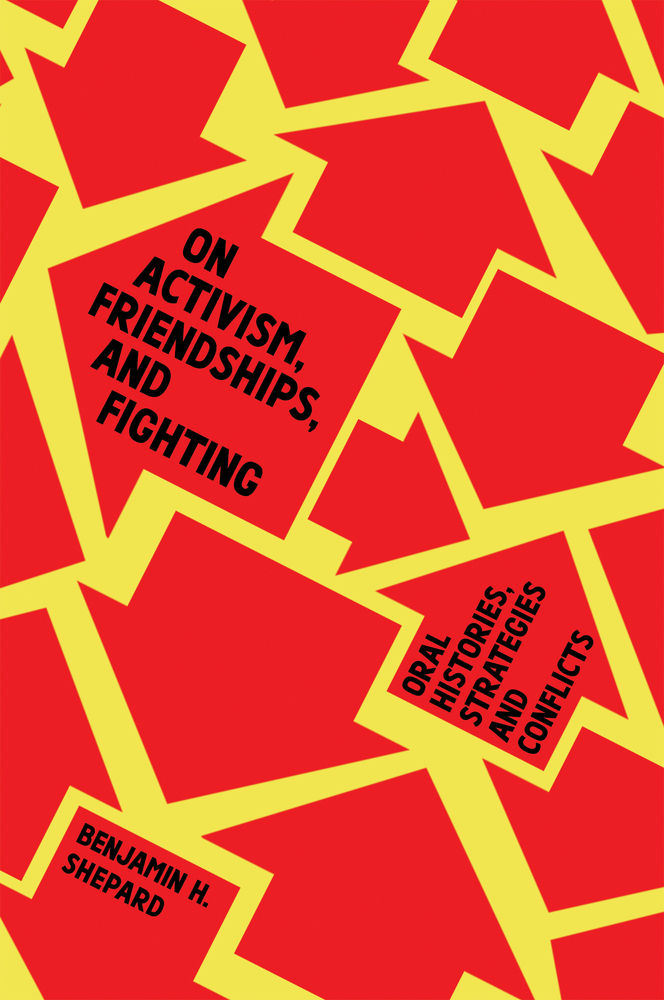
On Activism, Friendships, and Fighting: Oral Histories, Strategies, and Conflicts is a book about friendship.
Friendships are typically birthed in proximity or circumstance (neighbors, classmates, coworkers). They are often time-limited, simply fading away rather than blowing up from a conflict. We all know people we ‘used to be friends with’.
"I'm angry, and I don't know what to do with my anger."

Everything Old is New Again

New year, new beginnings, right? I find that some of my writing this year - will be focused on repurposing.
A Different End of Year Post
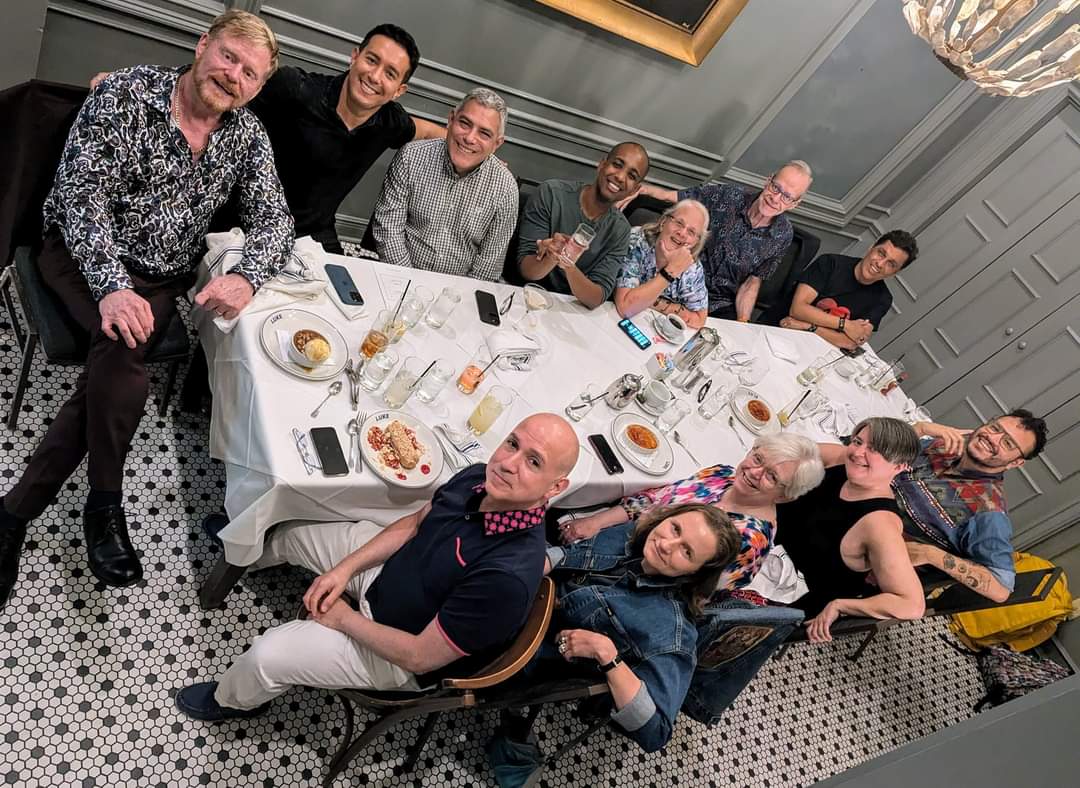
Does Anybody Care?

For musical theater fans, that question evokes a song sung by John Adams in 1776. For those who are activists, it’s a lament.
Last week I was privileged to take a two-day workshop, “Write to Change the World”. Offered by The Op Ed Project, it proved to be an intense and productive lesson in how to write effective opinion essays. Their focus is underrepresented voices.
"No one knows who you are."
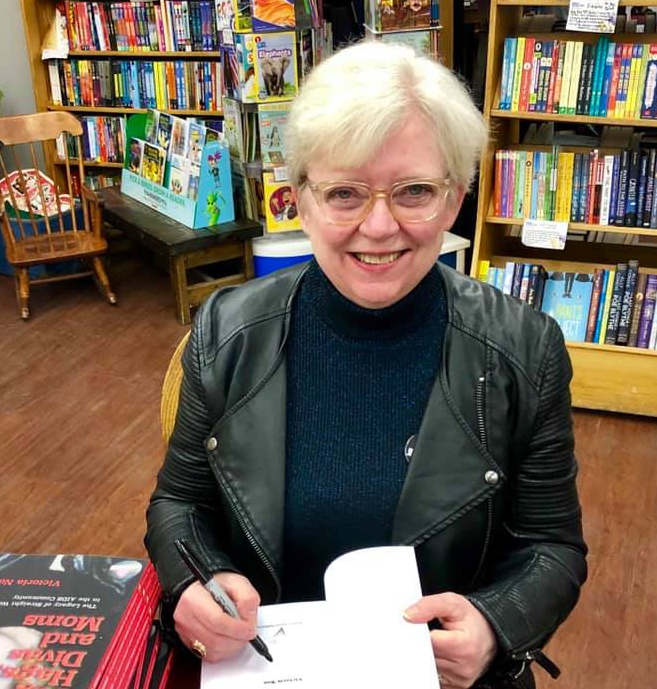
I was in New York for the Writer's Digest Conference in 2017 and decided to go to Pitch Slam. For those of you unfamiliar with the concept, it’s like speed dating for writers. Before the conference, you’re provided with a list of agents and editors who will be there, looking for authors to add to their client list. You choose a few, based on how closely their interests align with your book.
When the day comes, you sit across the table from an agent or editor and tell them about your book in a very limited amount of time: three minutes. They tell you if they want a full book proposal or if they’re not interested. A bell rings, and you move to the next agent/editor. It’s stressful and at times completely demoralizing. But there have been many success stories.
I wasn’t looking for an editor or an agent that day. I just wanted to get feedback on my book I was working on, about straight women in the AIDS community.
Long-Term Survivor

I’m in New Orleans for the US Conference on HIV/AIDS, so I thought I’d share this essay that won the 2015 Christopher Hewitt Award for Nonfiction, appearing in the October issue of the late, great A&U Magazine. I was surprised to see that my feelings remain the same.
It’s only the past few years that the designation has become widely used. Hell, no one expected it would ever be possible. There was a time when my only prayer was to get through a week without reading the obituary of someone I knew or admired from afar.
Since many who have reached that milestone are also baby boomers like me, I’ve taken a special interest in their challenges. During a visit to New York, I attended a listening session at Gay Men’s Health Crisis and was profoundly moved by stories of isolation and loneliness, especially from straight men and women who felt a unique stigma. But I was an observer, not a participant.
A few months ago, when Jeff Berry at Test Positive Aware Network (TPAN) announced The Reunion Project in Chicago, I told him I’d like to attend, though I wasn’t a long-term survivor.
How Did My Calendar Fill Up Again?

My Summer Reading List
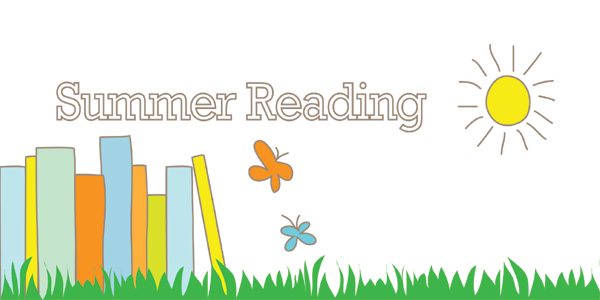
A Second Edition? Why?
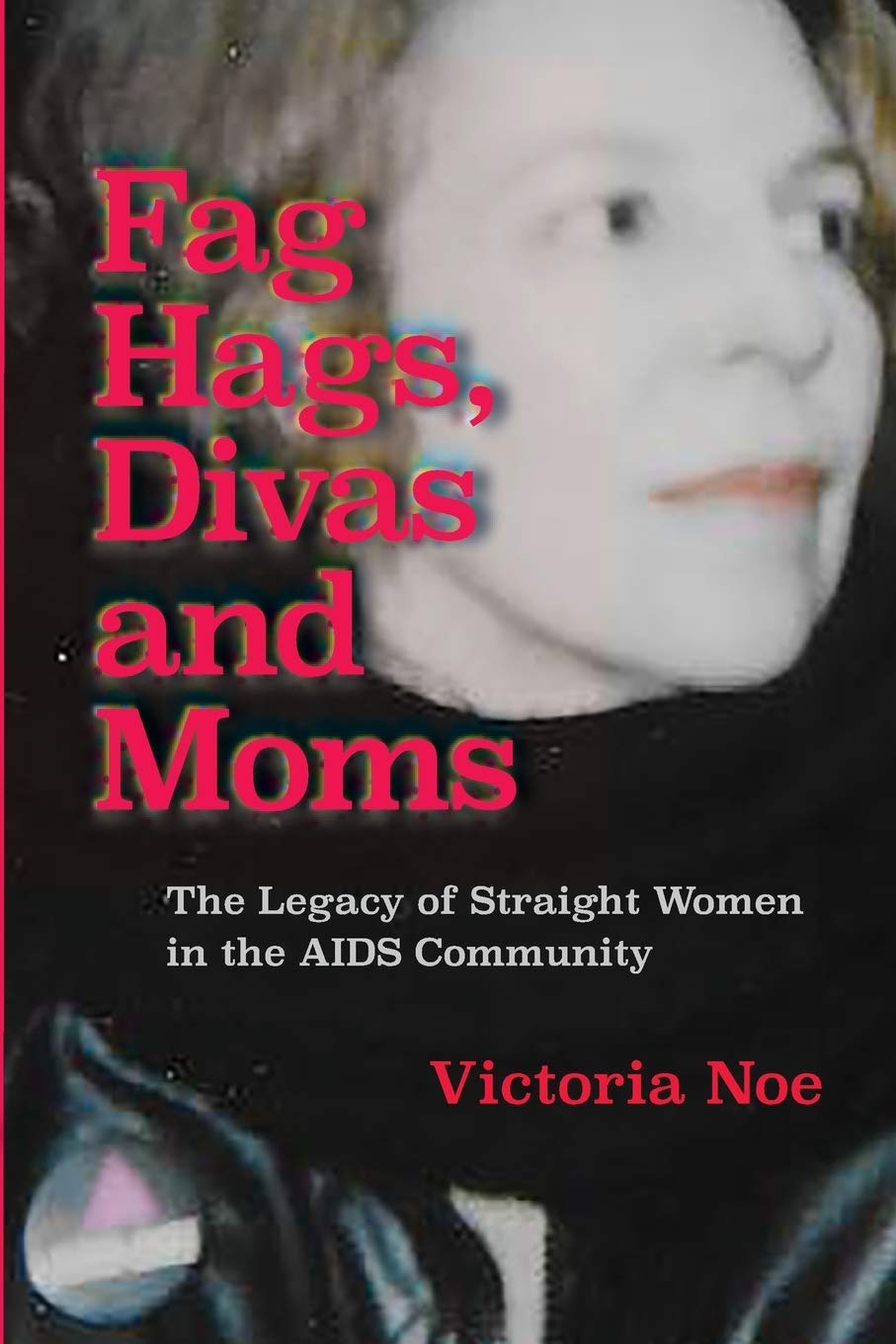
As I was finishing my latest book, What Our Friends Left Behind: Grief and Laughter in a Pandemic last summer, I began to consider the ever-present question: ‘what’s next?’ I had no lack of ideas: some that had been percolating for years, others that were new possibilities. But one kept nagging at me, in a good way.
I published F*g Hags, Divas and Moms: The Legacy of Straight Women in the AIDS Community in March, 2019. After writing for years about friend grief, it might have seemed a change of pace. I’d already written one book about the AIDS epidemic, but I knew that someday I’d do a deeper dive. A panel discussion in April, 2014 about the women of ACT UP/NY gave me that initial push: to tell stories of cisgender straight women around the world who changed the course of the epidemic. With the exception of a handful of memoirs, they were missing from the narrative of HIV/AIDS. I decided to write what one person described as ‘Hidden Figures for the AIDS epidemic’. And so I did.The Joy of Writing, Rediscovered
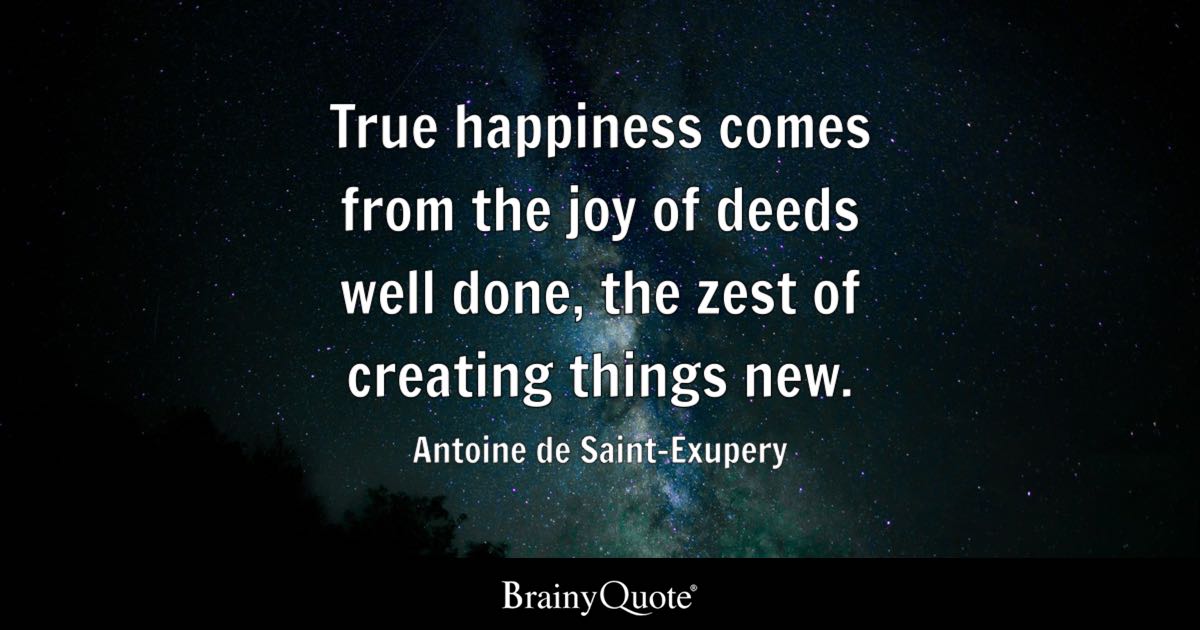
You know the social media posts, the ones about grabbing all the joy you can find? About discovering joy in ordinary moments, not just big ones? I think they’re annoying. Full disclosure: it’s not easy for me to access joy. I know it when I see/feel it, but it seems to be avoiding me more than I’d like.
The last year or so, I’ve concentrated on looking for joy in other people and their accomplishments. I jump on posts announcing a new grandchild or a work accomplishment, on reels of photos of once-in-a-lifetime vacations. I can feel the joy in the posts and I celebrate it, even though it’s someone else’s. And for a while, that was enough.
'Send a Card to a Friend Day' is Every Day
.jpeg)
“My friends have overlooked my shortcomings, seen me through some dark days, and brightened up the rest of them. I'm glad to have them; I'm honored to have them; I'm lucky to have them.”
That’s a quote from one of my favorite movies, Murphy’s Romance. It’s from the speech given by Murphy, played by James Garner, at his surprise 60th birthday party. I was a lot younger than that when the movie came out in 1985. I’m older than that now. But I still feel the same way.
We just celebrated Valentine’s Day, which is preceded now by Galentine’s Day, to give friends their own day without the romantic pressure of February 14. Earlier this month, I promoted a holiday I found out about not long ago: 'Send A Card to a Friend Day' on February 7. The only requirement was that it be a physical card, sent via snail mail: emails or text messages don’t count.
Book Review: My Fabulous Disease: Chronicles of a Gay Survivor by Mark S. King
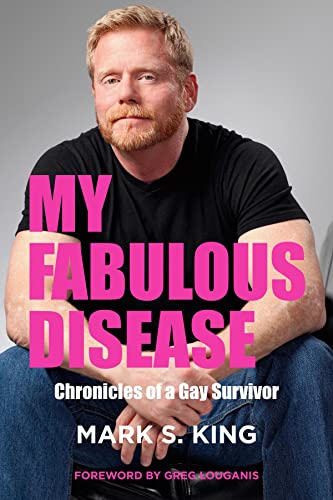
I have friends who write in a variety of genres: romance, sci fi/fantasy, biography, horror, sports, children’s picture books; playwrights, too. They have poured their hearts and souls into their work, but they themselves are not obviously present on the page. The ones who write memoirs…that’s a whole different story.
When a friend of mine writes a memoir, I open the book already knowing a lot about them, but I am always, always surprised. Sometimes shocked and occasionally horrified, but in the end, always grateful that they found the courage to share their stories.
Now and then, strangers will admit to me that they want to write a book. I always do my best to be enthusiastic and supportive. Life’s hard enough without being criticized for being brave enough to be that vulnerable. The last few years, I’ve amended my advice if they say the book will be a memoir: I ask them if they’re in therapy. Writing can be therapeutic, but revisiting our past can be an unpredictable emotional journey. We need all the support around us we can gather.
"Do You Guys Ever Think About Dying?"
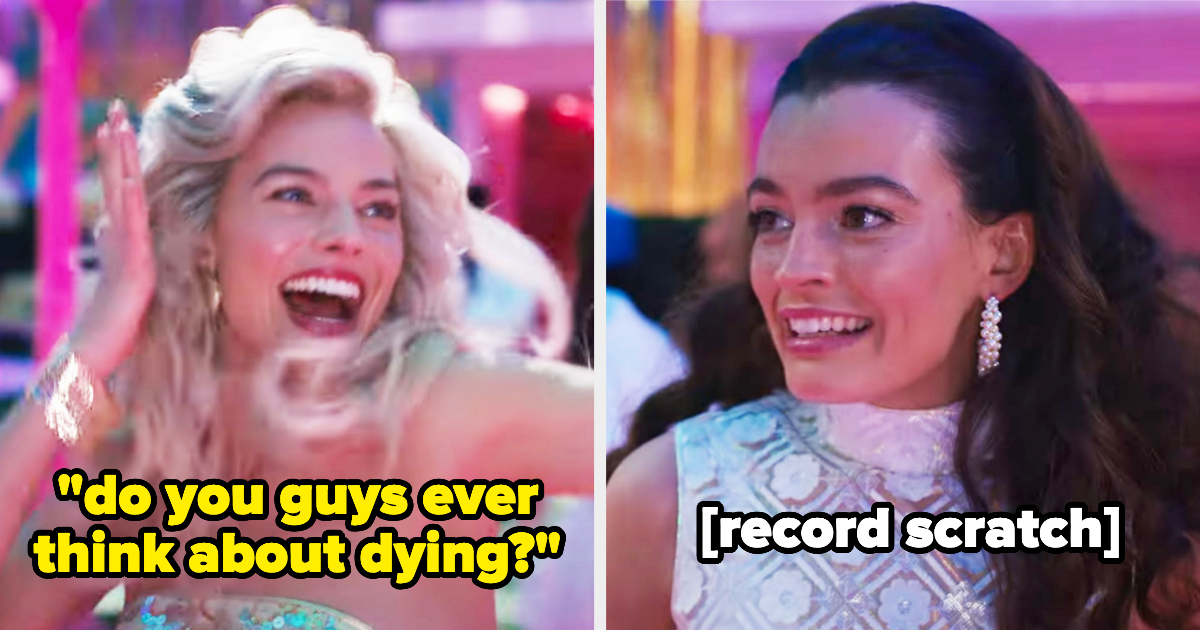
"Do you guys ever think about dying?"
For many people, this was the most shocking line in the blockbuster movie, Barbie. Up until then, the movie was as frothy as an egg cream. But then, the movie took a turn. Part of the shock was that it was not a line you ever hear in a comedy. And part of the shock was that it stopped us in our tracks, maybe taking you out of the movie itself.
If COVID accomplished anything, other than killing over a million people just in the US, it forced us to confront death and dying. We are a society that is averse to discussing or facing the one constant in all of our lives - death. In 2021, at the height of the pandemic, over 54% of Americans admitted they did not have a will.
Book Review: "The Celebrants" by Steven Rowley
.jpeg)
As a rule, I don’t pay a lot of attention to celebrity book clubs. I mean, I wouldn’t turn down the opportunity to have one of my books featured, but it’s rare that they showcase a book that interests me. I also don’t read a lot of fiction, which certainly sets me apart from just about anyone. My research, my writing, my interests are centered in nonfiction.
So I was surprised to find myself buying the June choice of Jenna’s Book Club on the Today Show, The Celebrants. One of the first descriptions of the book compared it to one of my favorite movies, The Big Chill. I can understand the impulse: a group of college friends are forever shaped by the suicide of one member. But aside from the lack of an obvious musical soundtrack, I think that’s where the similarity ends. If it’s evocative of any movie for me, it’s Peter’s Friends.Friendship and Artificial Intelligence
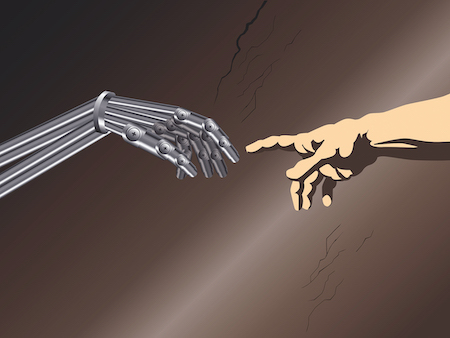
No, this isn’t a post about how robots are going to replace our friends, or why Siri is a good substitute for human contact (it’s not). This is something else.
I recently started to dabble in ChatGPT, so this is based on my new and admittedly limited experience. I’d spent a few weeks reading articles from writers who are using it for various tasks, as well as learning the copyright implications. I’m not going in with the intention of using it to write books or blog posts or essays; I’m limiting myself to investigating how I can use it for marketing, such as book descriptions. But the more I studied it, the more it seemed like entering prompts was similar to diagramming a sentence.
Four Books about COVID, Grief, and Friendship (That Aren't Mine)
.jpg)
I was writing about something we were all still experiencing, so I prayed for inspiration, and was rewarded for my efforts. I've discovered stories that made me cry and occasionally made me laugh. All of them deserve to be shared. Here are a few books that have shaped my understanding of how we have grieved our friends during COVID:

